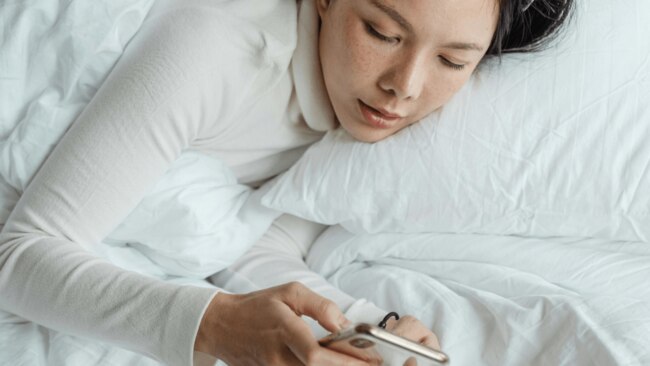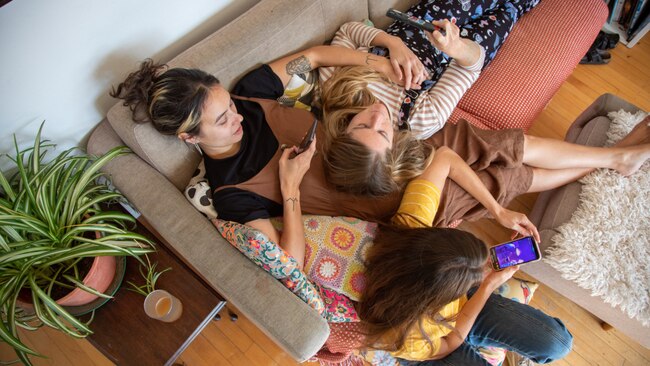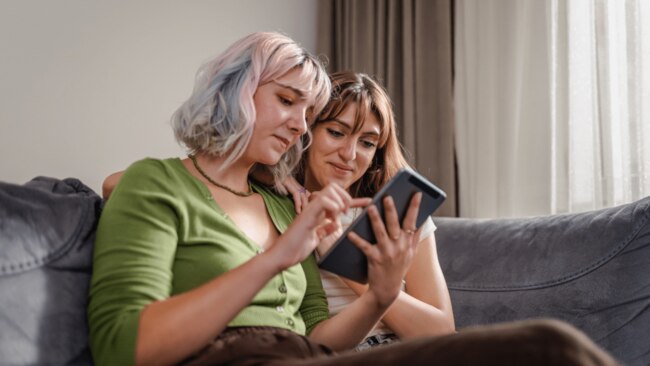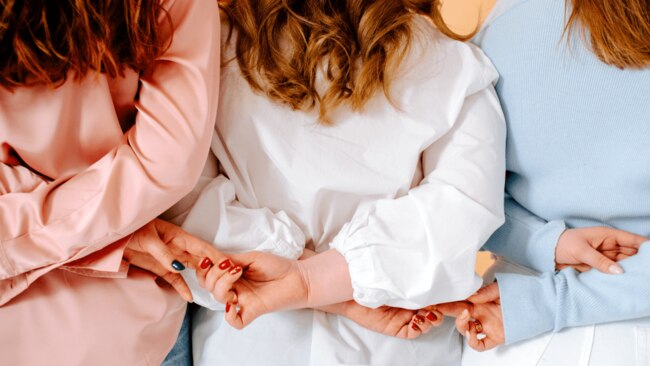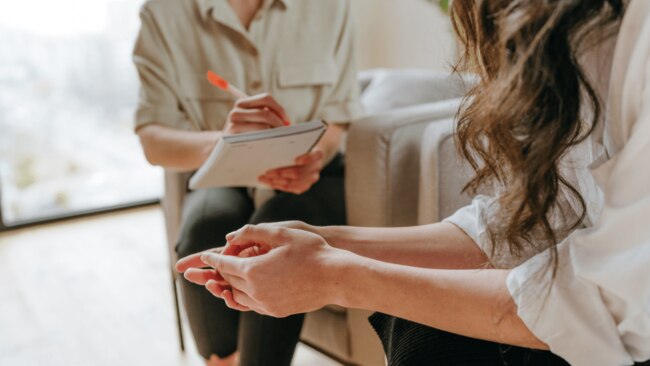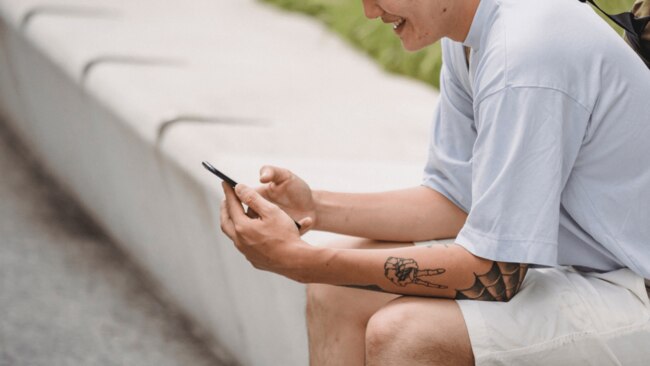
The pandemic has accelerated our demand for accessible mental healthcare, so it’s only natural that we’re turning to the new ‘Dr Google’ for help.
The 2020s have seen a surge in mental health content across TikTok and Instagram.
The content is a mix of mental health professionals providing explainers and bite-sized morsels of mental health wisdom, and creators sharing their lived experiences with mental illness, working to destigmatise previously taboo conditions such as borderline personality disorder (BPD) or more common conditions like depression and anxiety.
But not all content creators are as qualified as they claim to be, and while clicking ‘follow’ might be harmless, blindly following mental health advice online could lead to trouble.
The kind of advice you might scroll across on TikTok or Instagram to “Cut toxic people from your life” or “Learn to set healthy boundaries” could be game-changing for the right consumer.
But if taken the wrong way, without important context, it could work to exacerbate the very problems people are looking to solve in their relationships.

